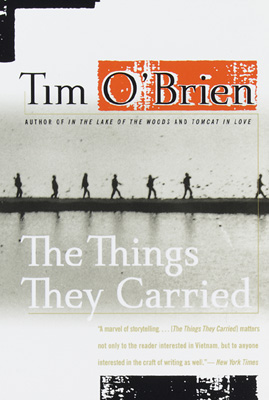When I finished this book last night, Heather asked me if I liked it. I said, “It’s okay.” Was it a good book? she pressed. “It was okay,” I responded.
There you have it: this is a nice book.
It’s about 40% biography, wherein John Stossel tells us about his evolution as a thinker and a commentator, and 60% survey of libertarian positions on issues. It’s an unfortunate mix, because it really didn’t do too much for me.
Stossel tells us anecdotes from times throughout his career when he was working as a consumer advocate reporter for local affiliates up until he became the 20/20 presence and network gadfly. These anecdotes and insights are the strength of the book. It could have used more of Stossel’s personal account of his odyssey. The first four or five chapters describe it.
Unfortunately, the remainder of the book is not much more than a laundry list of what libertarians believe (less government, more personal responsibility). The very chapter titles reflect this: “Welfare for the Rich”, “The Trouble with Lawyers”, “The Left Takes Notice”, “”It’s Not My Fault” and up to “Owning Your Body” and “Free Speech”. Stossel works in a few anecdotes–including the one excerpted in Reason–but mostly he just conducts a survey course.
Perhaps it’s a good primer for the people who’ve seen Stossel on television and don’t know much about libertarianism. If so, he assures them that others share the vision they might find attractive. Heck, he even invokes Ayn Rand a couple of times. But it doesn’t offer a detailed, reasoned argument to sway thinkers–or to offer arguments for the believers who want to them.
Of course, it’s not Bias when it comes to harsh indictment of media, and it’s not Ann Coulter or Michael Moore polemics to rouse the rabble or enrage the heretics. It’s more even-tempered than that, and it does treat the reader fairly, and the opposition sympathetically. Stossel even offers kind words to the police state government and contemporary society, noting that we’re remarkably open and free even while we’re moving towards crackpot nannyism.
That Stossel’s a nice boy.
So that’s what it is; a nice, rational, but ultimately lightweight treatise (if that’s not an oxymoron) on how one man became a libertarian (or small-l liberal) and what it means to him.



